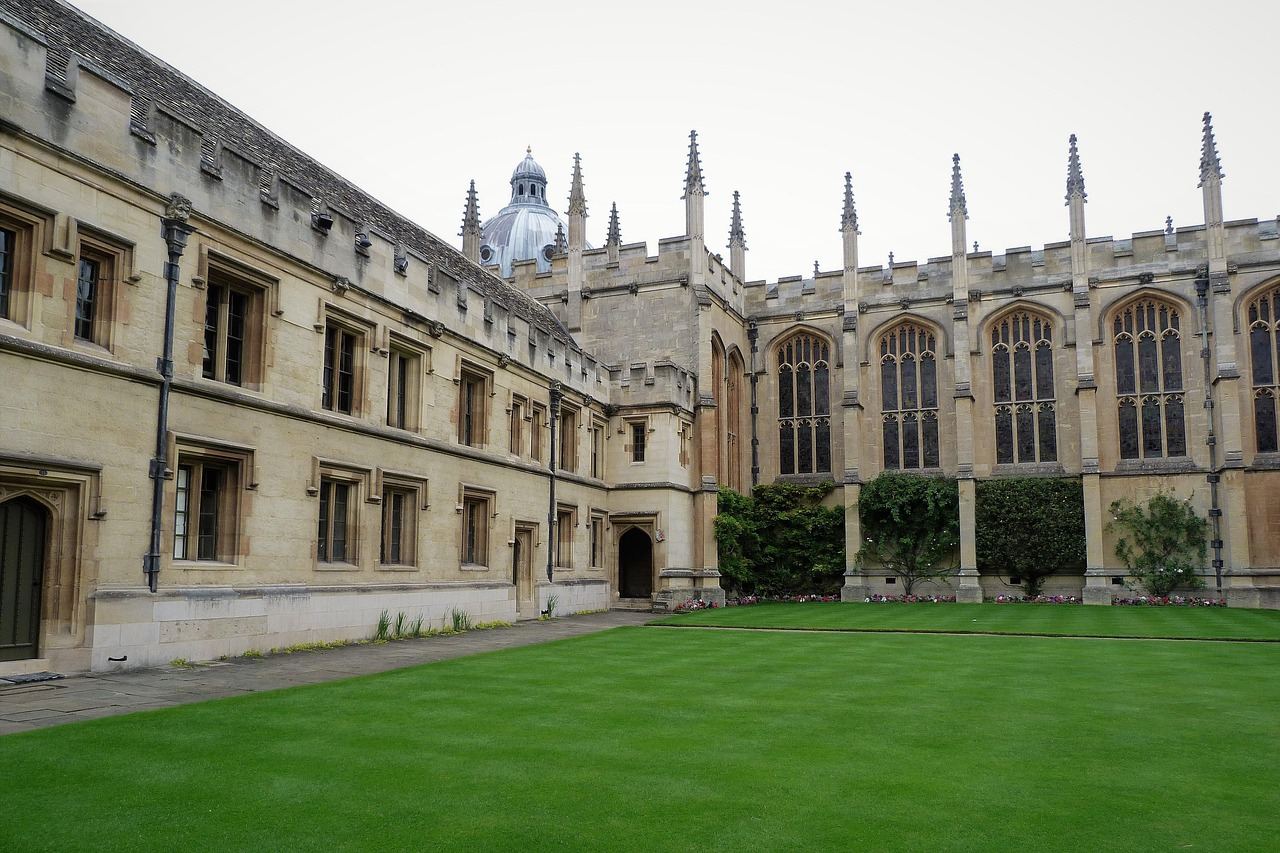A new freedom of speech law came into force in the UK on Friday, which looks to protect free speech in universities.
The Higher Education (Freedom of Speech) Act 2023, which received formal approval (or “royal assent”) in May 2023, aims to protect academic freedom. The law specifically focuses on the freedom to “question received wisdom” and to “put forward new ideas and controversial or unpopular opinions.”
Universities will now have additional duties to ensure freedom of speech following the entry into force of the legislation. These include a duty to take reasonably practicable steps to guarantee freedom of speech within the law and a duty to promote the importance of free speech in higher education.
A “free speech complaints scheme” will see fines issued to universities that fail to protect the free speech of both academics and external speakers. Such penalties were first seen at the University of Sussex, which England’s university regulator fined £585,000 in March 2025 for failing to uphold academic freedom after philosophy professor Kathleen Stock resigned following protests about her views on gender.
The new law also introduces a ban on universities entering into non-disclosure agreements with victims of bullying, harassment, or sexual misconduct on university campuses.
The approved version of the act had established a statutory tort that allowed individuals to bring a claim against the university or student unions in the case of non-compliance with the duty to protect academic freedom. It was anticipated that this would apply primarily in the event of the ‘no-platforming’ of an external speaker, where a speaker is uninvited from a panel or their event is cancelled, often on account of complaints from student groups. However, this section of the act has been repealed, with the government citing a chilling effect that might have seen fewer speaker events held and student unions vulnerable to inordinate legal fees.
“These changes protect free speech but avoid implementing excessive and burdensome provisions which could have exposed struggling universities to disproportionate costs, diverting money away from students to pay lawyers,” said Secretary of State for Education Bridget Phillipson in January.
Universities are expected to introduce new policies to comply with the act, including updating existing codes of practice on freedom of speech, engaging with staff and students on the subject, and establishing mechanisms to raise free speech complaints.


